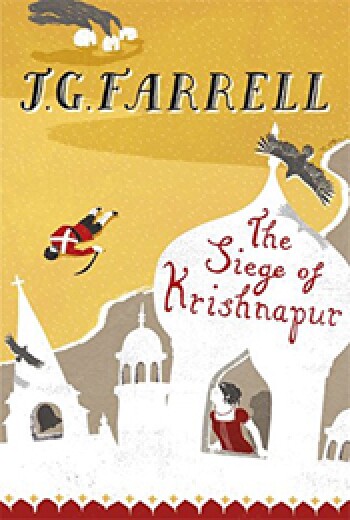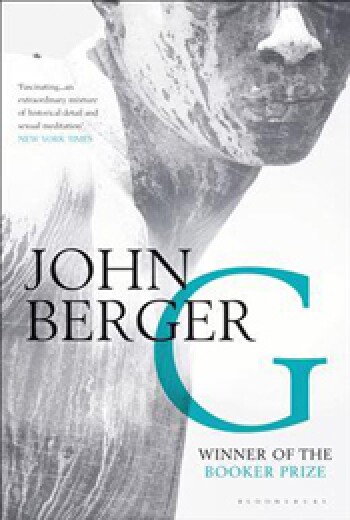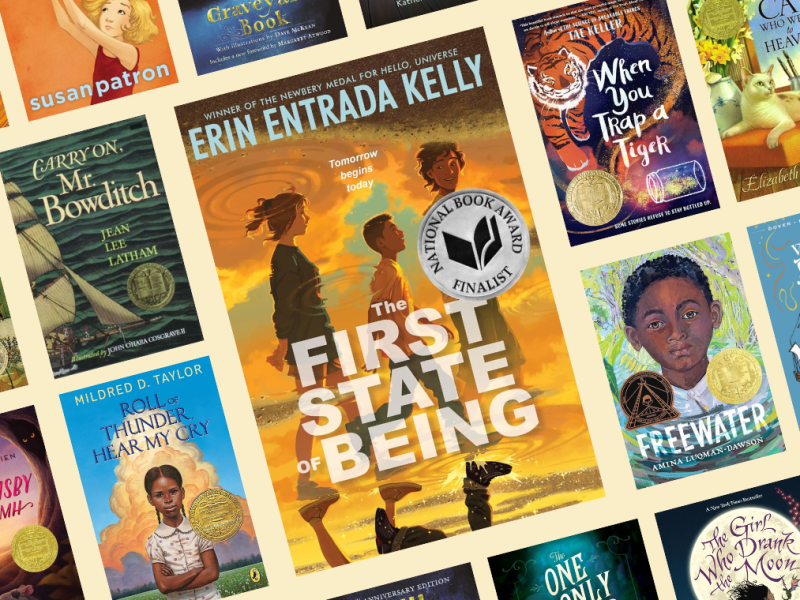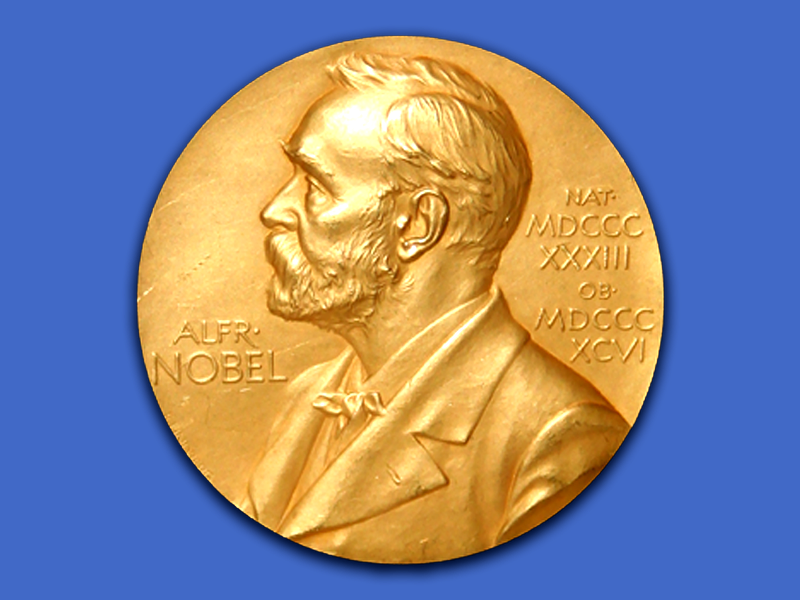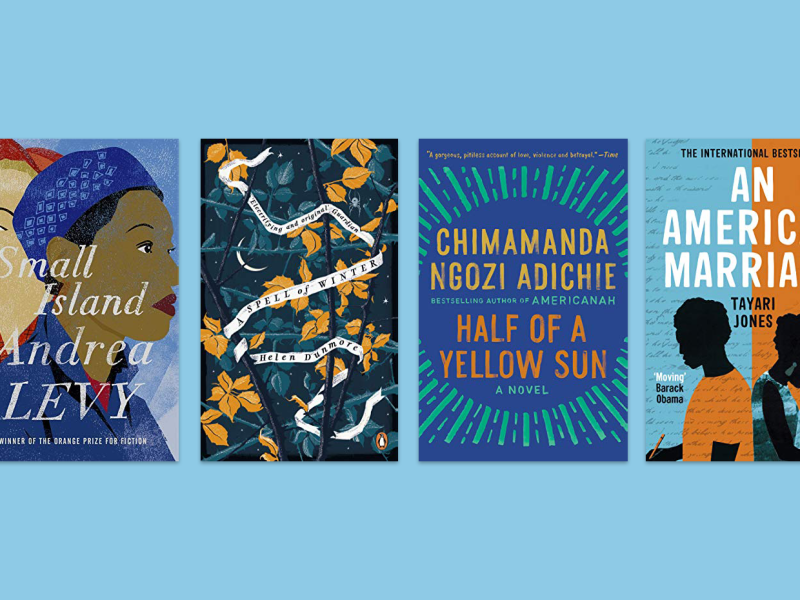When it began in 1969, the goal of the Booker Prize was to increase readership of quality fiction by celebrating and promoting the best books of the year. Originally called the Man Booker Prize, it is one of the most prestigious awards in the book world. The winners enjoy a huge sales boost and some titles have become classics. Winning authors include Margaret Atwood, Ian McEwan, Michael Ondaatje and Kingsley Amis. Big hitters Peter Carey, Hilary Mantel and J.M. Coetzee have multiple Booker victories.
The annual £50,000 prize is granted to the best novel originally written in English and published in the UK in the year of the prize, regardless of the nationality of the author. Until 2013, only writers from Commonwealth countries were eligible to win. The winner is selected by a rotating panel of judges who pare a long list of about a dozen down to six, then one. It's not an easy task - three times, in 2019, 1992, and 1974, the judges declared a draw and selected two winners.
Author Graham Swift, winner of the 1996 Booker for Last Orders, said, "Prizes don't make writers and writers don't write to win prizes, but in the near-glut of literary awards now on offer, the Booker remains special. It's the one which, if we're completely honest, we most covet."
Samantha Harvey wins the 2024 Booker Prize for Orbital. Orbital follows the lives of six astronauts over the course of one day as they circle Earth in the International Space Station. Moving at over 17,000 miles per hour, they witness changing landscapes, seasons, and events on Earth. Far from home on a vital mission, their conversations offer a careful reflection on humanity, environment, and their silent blue planet.
Explore the winning books since 1969 - from P.H. Newby to 2024 winner Samantha Harvey.






















































